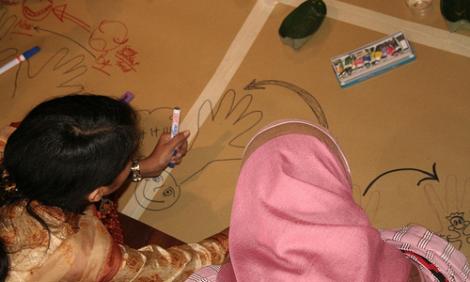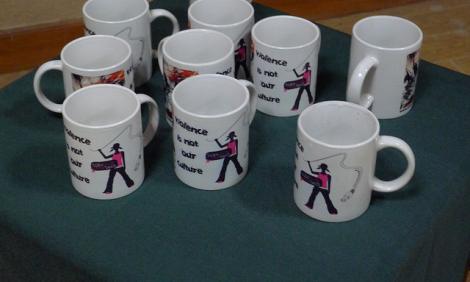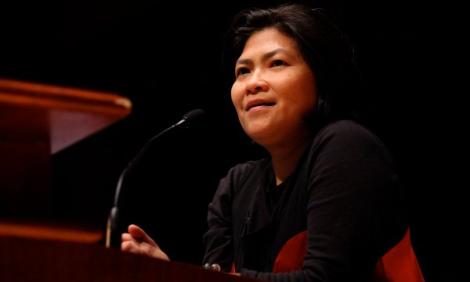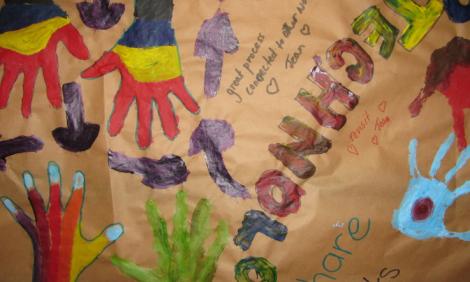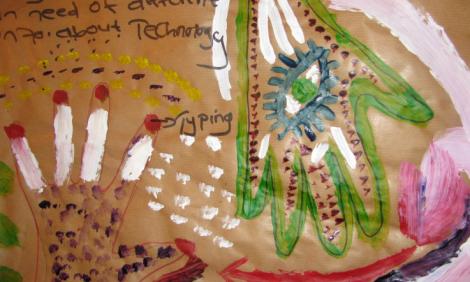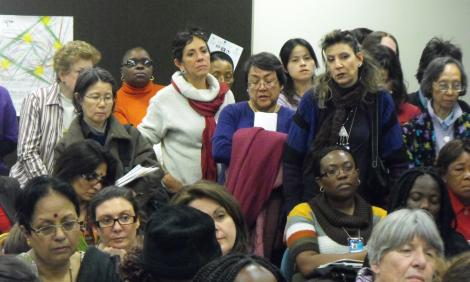In depth
Who's gonna track me?
By Flavia Fascendini
Flavia Fascendini looks at the report of the Special Rapporteur on the situation of human rights defenders -- which, for the first time in history, focuses on the situation of women's human rights defenders. Drawing on the report's findings, she talks to South-East Asian women's activists about the unique security risks they face online.
In depth
Connectedness or alienation?
By ItsAllMaya
Women's human rights activist Edna Aquino remarks on how ICTs have impacted her work, presenting both new opportunities and new risks. In her interview with new GenderIT.org writer, Maya Ganesh, Edna argues that activists using ICTs must be mindful of alienating women with the use of excessive jargon, and must always be keenly aware that there are inherent risks in online communications. However…
In depth
ICT skills gap = online security risks
By Mavic Cabrera-Balleza
GenderIT.org contributor Mavic Cabrera-Balleza interviews Mary Jane Real, outgoing coordinator of the Women Human Rights Defenders International Coalition about the use of internet and information and communication technologies by women human rights defenders, the opportunities they present as well as the digital security risks women human rights defenders confront. Real goes on to share her…
In depth
“Defending yourself means defending your community”
By Jennifer Radloff
In the second part of the interview with c5 and anonymous, the trainers from the secure online communications workshop provide strategies for mitigating some of the dangers for women's human rights defenders. While examining the practices of policy-makers, internet intermediaries and every day users, they conclude that security means more than just awareness -- it requires behavioural change.
In depth
The changing face of women's rights activism: be careful what you say online
By Jennifer Radloff
Jennifer Radloff, GenderIT.org contributor, and Running Toddler, a participant of a recently hosted workshop in secure online communications for women human rights defenders, interviewed the workshop's trainers, c5 and anonymous. In this first part of the interview, the trainers talk about their experience in training activists and human rights defenders to use technology securely, and the…
In depth
Secure communications essential to women's rights defenders
By Grady Johnson
Grady speaks to women's human rights defenders from India and Philippines who use ICTs in their work. They share their views how the right to freedom of association is exercised by women through ICTs. Speaking from their own experience, they dispelled some of the common myths surrounding the internet and ICTs use.
In depth
New research on sexuality and the internet is an “eye-opener”
By Karen Higgs
Gus Hossein, Director of Privacy International, speaks candidly of his take on the EROTICS research project and its potential impact and value on the work on privacy rights.
In depth
EROTICS in Brazil: The complex universe of sexuality on the internet
By Flavia Fascendini
Sexuality Policy Watch and the Latin American Centre on Sexuality and Human Rights teamed up together to conduct the EroTICs research in Brazil. In an interview with Flavia Fascendini, they talked about their participation in the project as an opportunity to address the nuanced impact of new Internet legislation on sexuality. They approached this complex issue from two sides: looking at…
In depth
India and South Africa: The hidden story of sex on the internet
By Esther Nasikye
After two years the EROTICS research has revealed that sex on the internet is much more than just pornography, but instead it includes a vibrant ecosystem of individuals sharing and discovering their sexuality online. Not only that, the internet provides a space for sexual and identity rights activists to organize and advocate for change.
In depth
EROTICS raises fascinating new questions
By Grady Johnson
The EroTICs research of sexuality and the internet revealed that contrary to much public opinion, sexuality online is much more than just pornography. As the EroTICs project comes to a close, GenderIT.org's writer Grady Johnson asked some of the experts to share their thoughts about the research.

